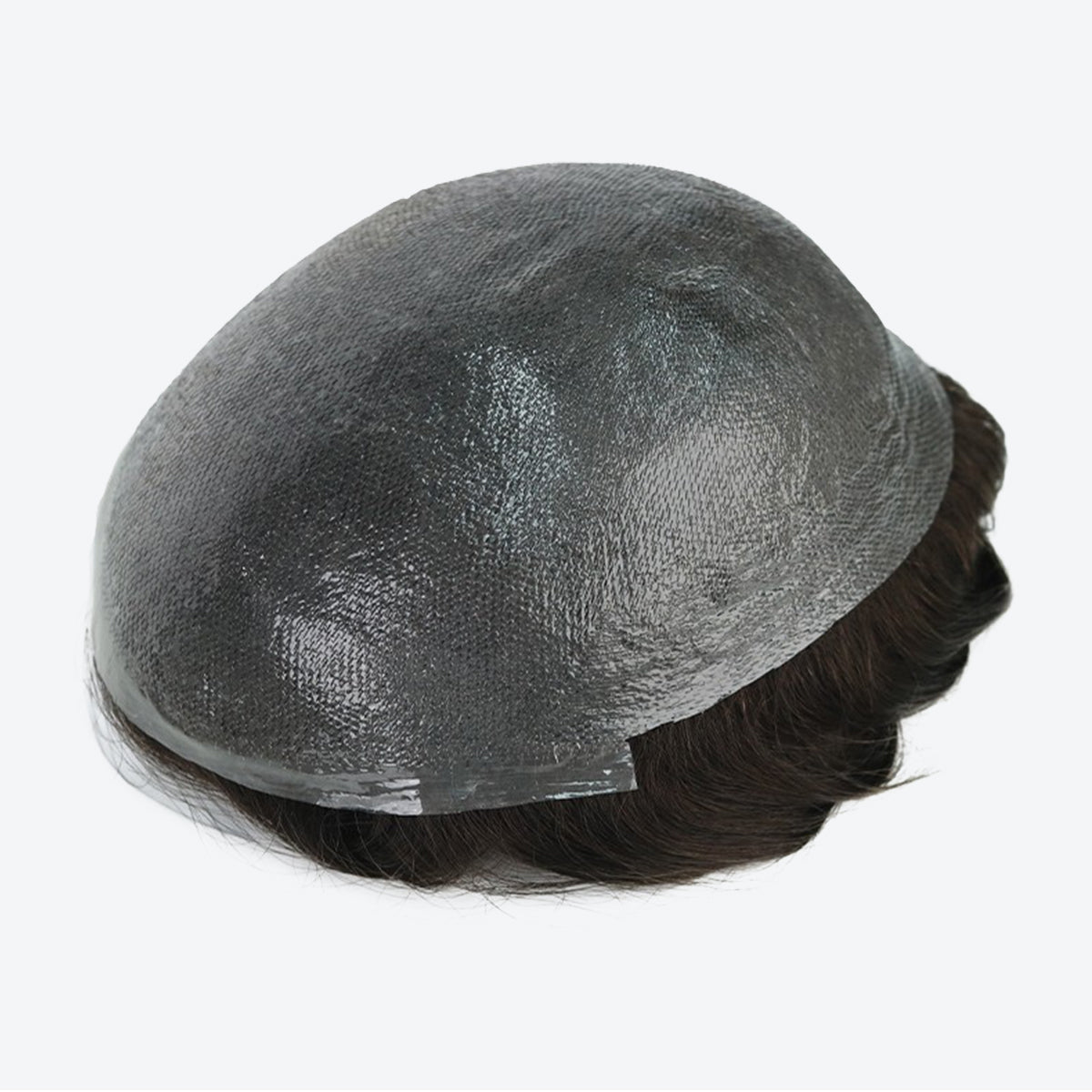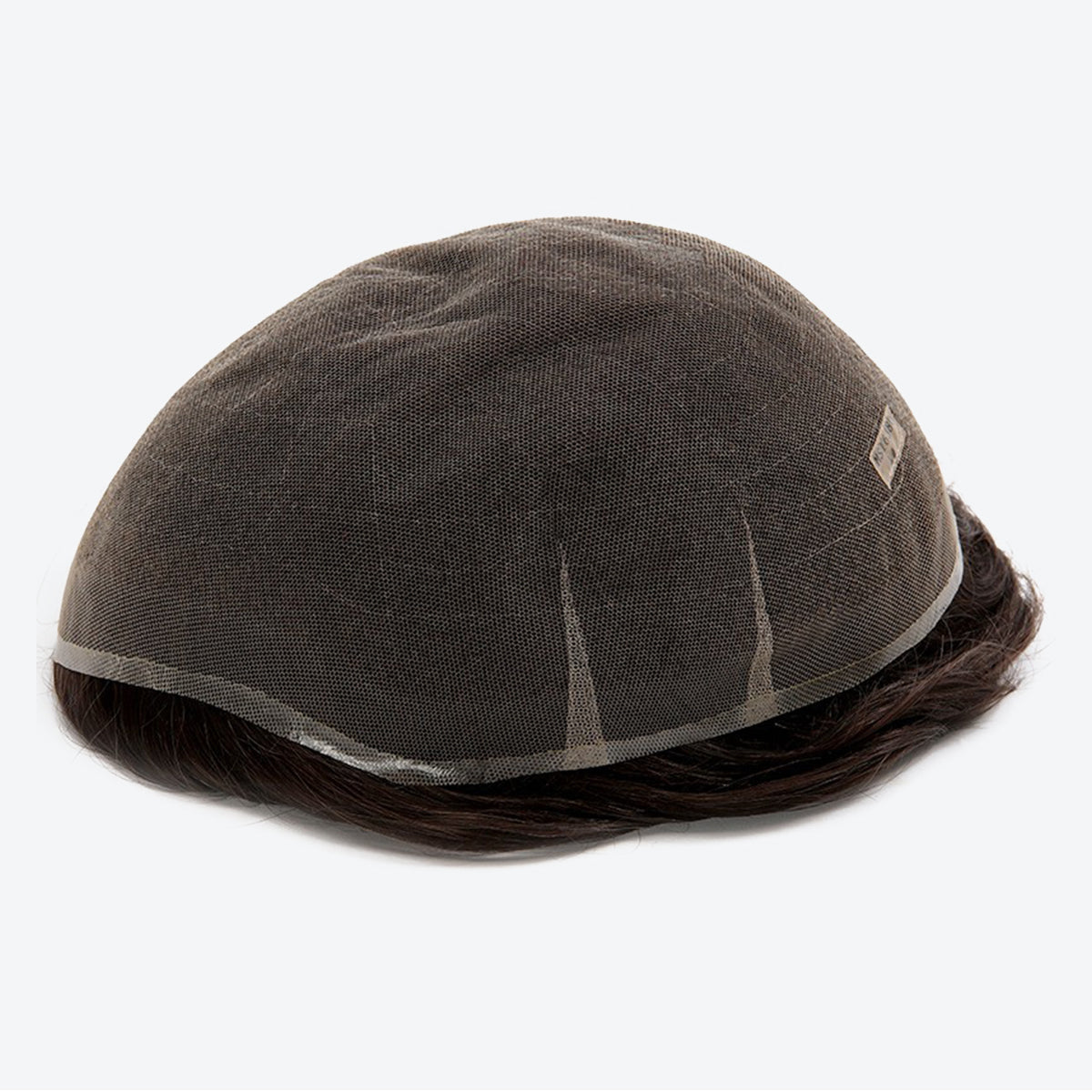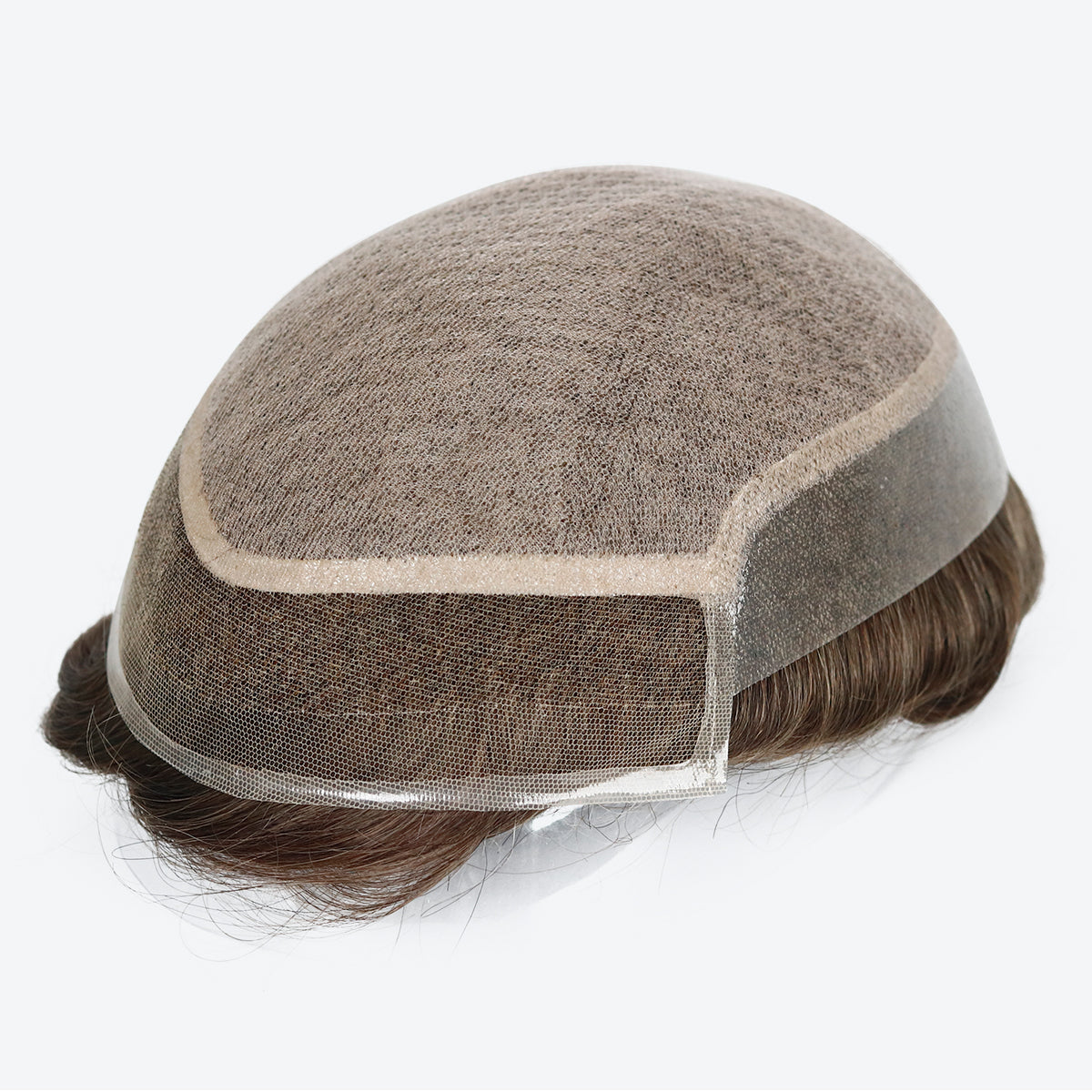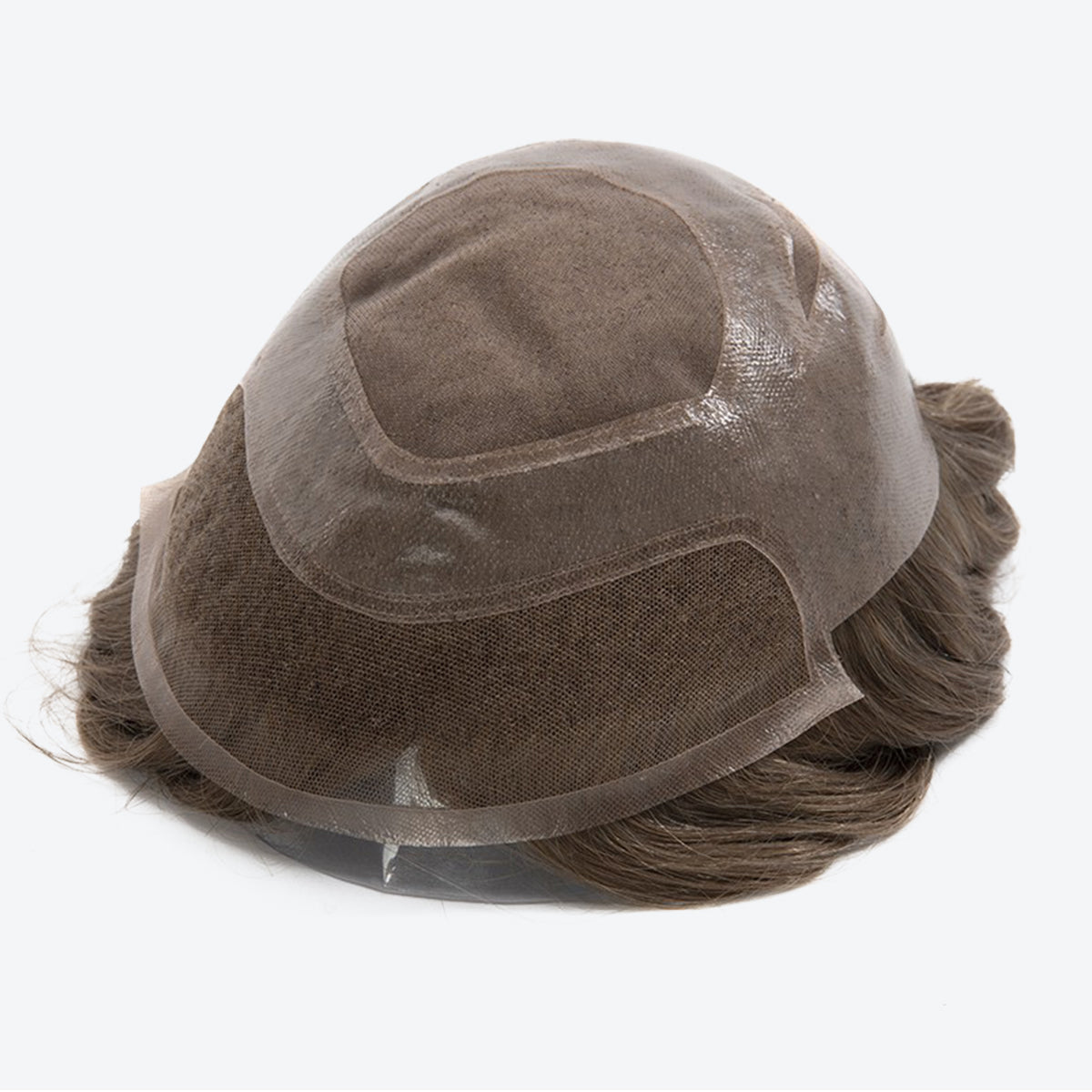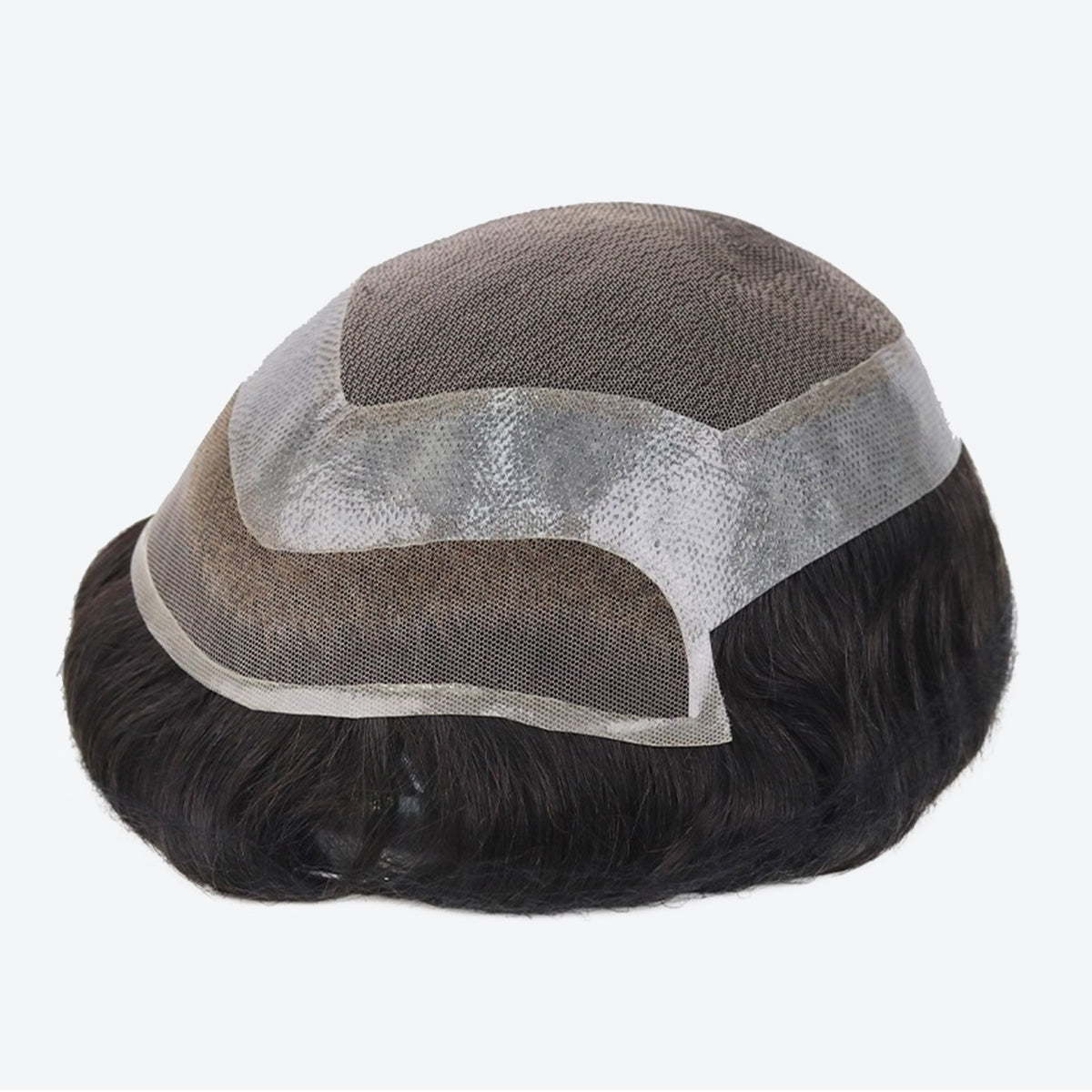Do you know can vitamin d help with hair loss? Vitamin d is metabolized in the skin by keratinocytes. When the body doesn't get enough vitamin d, keratinocytes in the hair follicle can't regulate hair growth and loss. Therefore, vitamin d is closely related to hair loss.
A brief introduction to vitamin d
The main sources of vitamin d are D3 and D2. The former is made from subcutaneous 7-dehydrogenated cholesterol exposed to ultraviolet light. The latter is produced by ultraviolet irradiation of ergosterol contained in plants or yeast. Dietary sources of vitamin d are mainly fatty Marine fish, animal liver, egg yolk, and cream.
The effect of vitamin d
Vitamin d is an essential vitamin needed by the human body and is fat-soluble. The main function of vitamin d is to promote the absorption of calcium and phosphorus by small intestinal mucosa cells, thus preventing rickets, promoting the growth and differentiation of skin cells, and regulating immune function.
People often use vitamin d to keep bones healthy and strong and to reduce inflammation. Vitamin d can also help to maintain a healthy immune system. It also plays an important role in promoting glucose metabolism and ensuring neuromuscular health.
Can vitamin d help with hair loss?
Alopecia areata is thought to be an autoimmune disease that causes the immune system to attack hair follicles. Alopecia areata accounts for a large part of hair loss. Vitamin d plays an important role in immune health according to a 2020 study in the Journal of 《International Journal of Dermatology》. Vitamin d deficiency can be linked to many different types of autoimmune diseases, including alopecia areata.
The study found that vitamin d deficiency is a risk factor for developing alopecia areata and that a significant number of patients with alopecia areata have low levels of vitamin d.
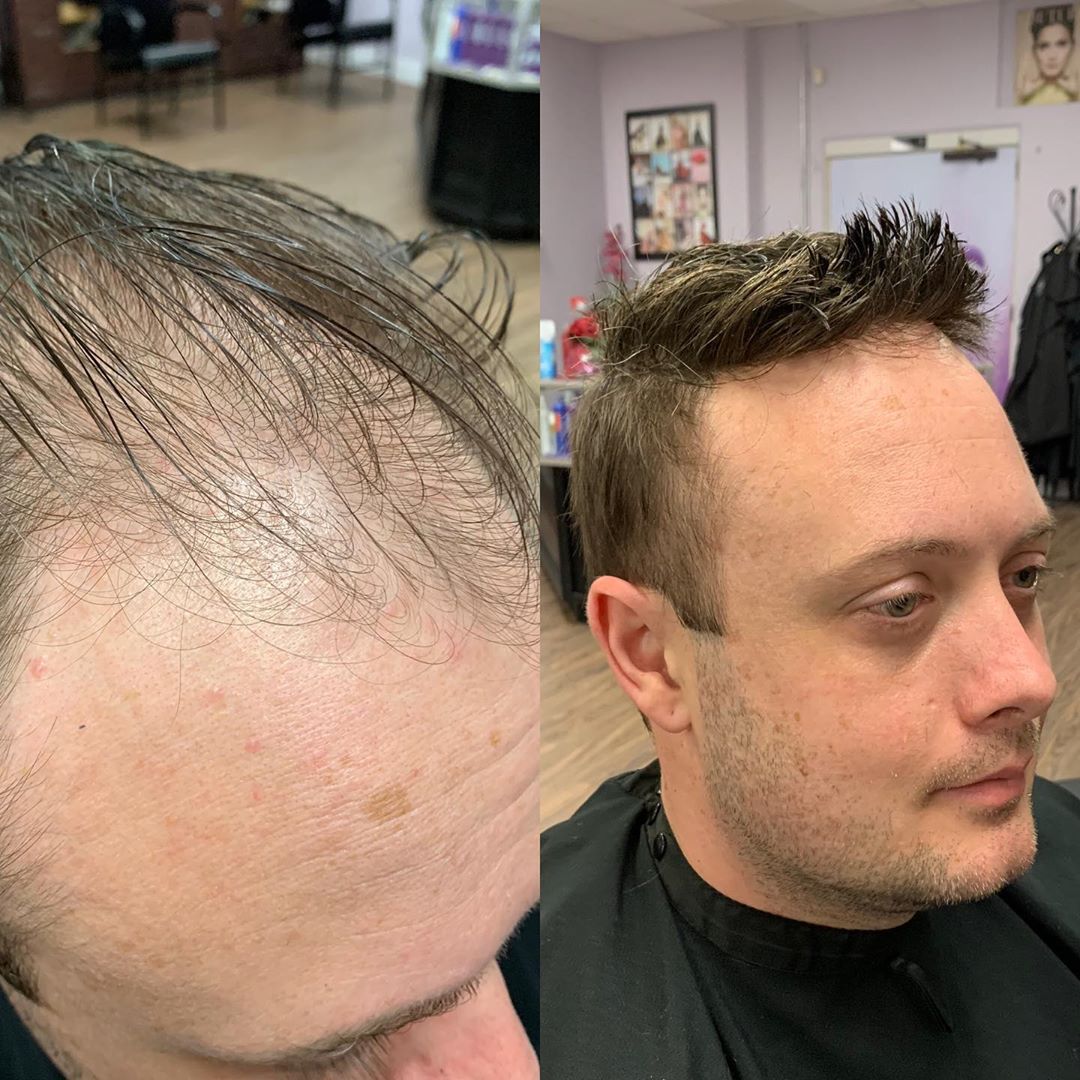
As well known, vitamin d is metabolized in the skin by keratinocytes. This is a type of skin cell that processes keratin in hair, nails, and skin. When the body doesn't get enough vitamin d, keratinocytes in the hair follicles can't regulate hair growth and loss.
Therefore, there is a definite answer as to can vitamin D help hair loss. Vitamin d and hair loss are closely linked, with both a lack of vitamin d and an excess of vitamin d contributing to hair loss.
Where can we get vitamin d to alleviate hair loss?
Vitamin d is needed to build and maintain healthy bones. This is because calcium, a major component of bone, can only be absorbed by the body in the presence of vitamin d. The cheapest way to get vitamin d is from the sun. Vitamin d is produced by your body when sunlight converts a chemical in the skin into an active vitamin (calcareous).
You can get vitamin d from fortified milk, fortified grains, and fatty fish like salmon, mackerel, and sardines. A common source of vitamin d is salmon, which has the highest amount of vitamin d in any natural food. In addition to salmon, tuna is also a good source of vitamin d and is found in high amounts fresh, frozen, and canned. The second is milk. Eggs come in third. Mushrooms rank fourth. Shrimps are also high in vitamin d.
How many intakes can vitamin d help with hair loss?
How can you tell if your hair loss is related to vitamin d? To be sure, you can go to the hospital to get a blood test. The level of 25-hydroxyvitamin d in the blood reflects the nutritional status of vitamin d in the body. It is generally considered that 25-hydroxyvitamin d is sufficient if it is 30-60ng/ml. Vitamin d insufficient if it is between 20-30ng/ml. If it is less than 20ng/ml, vitamin d deficiency is considered, and if it is greater than 150ng/ml, vitamin d overdose is considered.
Attention points during the treatment process
Firstly, the most important thing to be aware of is to find out can vitamin d help with hair loss. That’s to say, if your hair loss isn’t related to vitamin d, you don’t need to take vitamin d. At present, hair loss caused by alopecia areata has the greatest correlation with vitamin d.
Second, vitamin d can be used to treat hair loss, but it should be taken as recommended by your doctor. Don't increase the dose or take it for a long time without pause. We generally believe that the recommended daily intake of vitamin d for adults is 5μg. Pregnant and lactating women should double their intake.
Early signs include diarrhea or constipation, headache, loss of appetite, dizziness, difficulty walking, muscle and bone pain, and arrhythmia. Late symptoms include itching, decreased kidney vein function, osteoporosis, weight loss, calcification of muscles and soft tissues.
Vitamin d activates hair follicles through vitamin d receptors, allowing them to reopen and allow hair to resume its normal growth cycle. Many people who take vitamin d orally over some time report significant improvements in their hair quality and growth rate. Vitamin d is essential for bones, but it can also improve the normal cycle of hair growth.

